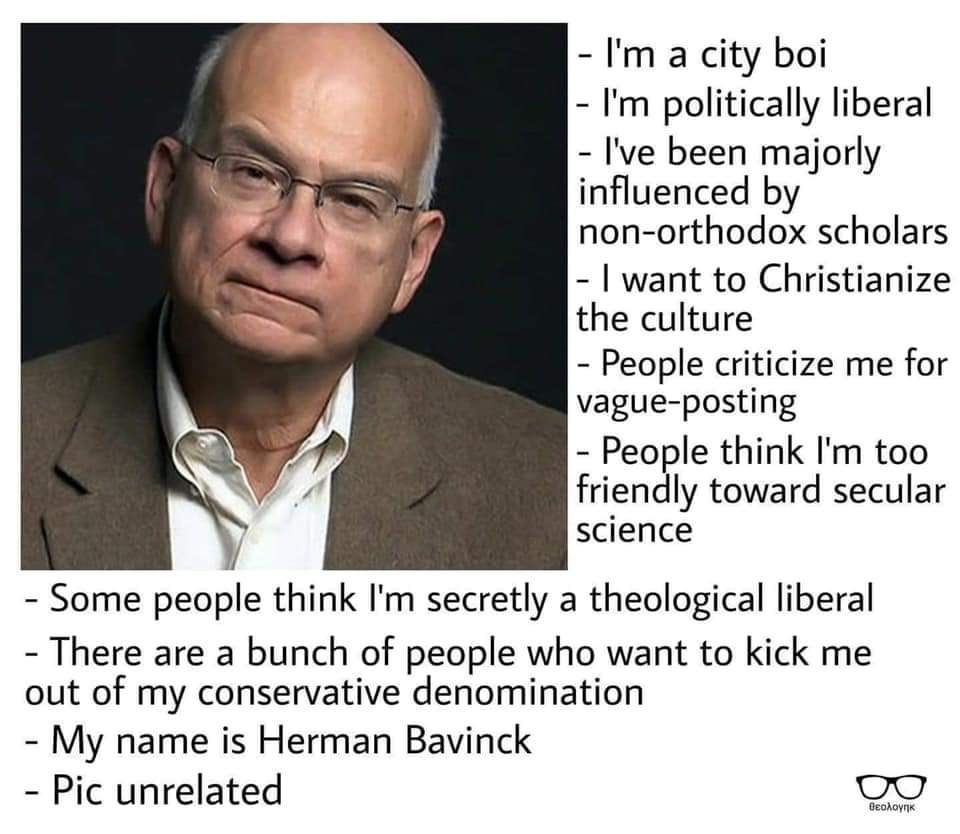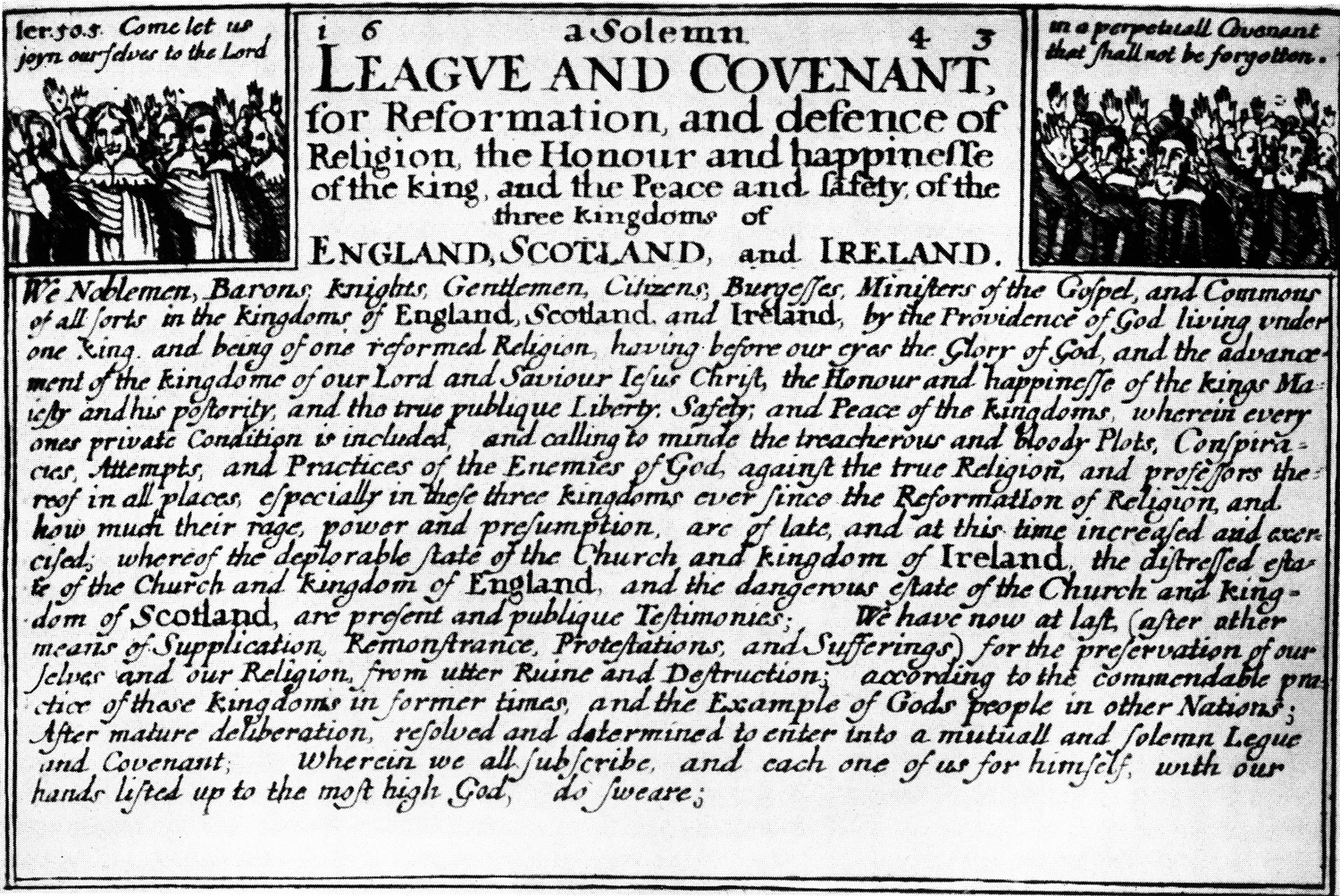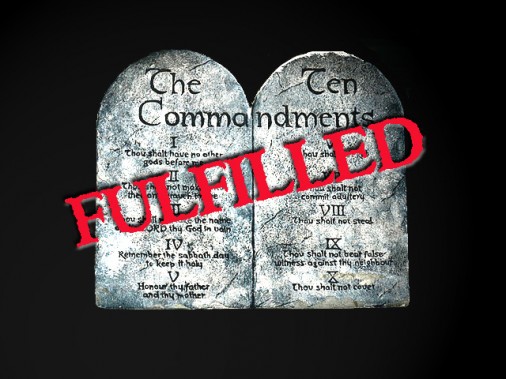This is why understanding History is so important. We don’t want to be duped.
The Improper Use of #Theologian Herman Bavinck for a Political Agenda
#Theology #God #Reformed #Christianity
« The Church during 2021: Pray for Churches Facing Legal MattersFree PDF Apologetics’ Thesis: The Effect of Ethnic Identity on Biblical Unity in Its Role as an Apologetic »
The Improper Use of Theologian Herman Bavinck for a Political Agenda
April 19, 2021 by SLIMJIM
The meme below is a defense of Timothy Keller by drawing a comparison with Keller to Dutch Reformed theologian Herman Bavinck (1854–1921).

There is so much going on in this meme. I won’t be able to speak about everything stated. Nor is this post going to be attacking Timothy Keller though I sometimes feel his tweet on Twitter is too generalized and/or cryptic and they can be understood both by Christians and non-Christians in their own ways and therefore cheered by all. Instead I want to focus on this meme saying these all these claims above can be attributed to Herman Bavinck. My post is narrowly focusing on the claim that Bavinck would see himself as a political liberal. I do have some serious reservation when people invoke someone esteemed to improperly and inaccurately support a partisan political cause. This is true of those who can make Jesus into a rifle owning, card carrying NRA member Republican or the other spectrum where Jesus is portrayed as this beta male Vegan hippy pacifist who drink latte soy milk and is a woke SJW New Age Eastern mysticism guru. While not as egregious still I think Bavinck is being misrepresented for a political agenda here. Let me explain.
What is meant by politically liberal has changed over time. So we got to be careful with any equivocation there of Bavinck as a “political liberal” and what liberal means in late 1800s and early 1900s. If by “liberal” the meme means Classical Liberalism, that shouldn’t be equivocated with neoliberalism or even today’s shorthand for Woke political ideology (I am beginning to see neo-liberalism and Woke political ideology as distinct though Woke has affinity with neoliberalism, but biggest difference is modern woke political ideology doesn’t see the place for freedom of speech as famously argued by Herbert Marcuse which has been transmitted through Critical Theory).
As any political scientist will tell you there is a right wing vs left wing classical liberalism. Bavinck was the party chair of the anti-revolutionary party and what the tenet of the party would make even most Christian conservative and Republicans today looks progressive (relatively speaking) with things like a distinctive Protestant public education, the need for colonizing Indonesia for the well being of Holland, etc. Part of being the “anti-revolutionary party” in the name of the party itself is that it does not support the removal of the Monarchy in Holland. I think that probably seem very right wing by today’s standards!
Furthermore we sometime have historical amnesia and think our age is the first to have anarchists and revolutionaries; the late 1800s to early 1900s was a time of many anarachists and revolutionaries acting out whether individually or in small secret societies and more European royalties and their families were assassinated in that time period by their subjects than any other time period in European history culminating with the murder of the Archduke of the Austrian empire that of course led to WW1. So Bavinck’s and Kuyper’s “anti-revolutionary” party was yes a Christianized version of Classical Liberalism in the sense of being pro-law and order and the need for rules of law as a precondition for capitalism but it was also a stance against a very real dangerous radical left of their day. So this meme doesn’t do justice with the greater context of political ideology and development. But it does reflect the attitude of some today who think Bavinck will support their more left leaning political views. This past summer I remember reading somewhere which Bavinck was invoke that if he was alive today he would have much to criticize American political system today; that might be true but it struck me as ironic that there’s an elephant in the room with Bavinck’s anti-revolutionary party would not have been in favor of today’s radical left leaning poltical strategies and the writer wasn’t telling the full story given Bavinck’s leadership with a political party that took a anti-revolutionary stance. It was an one-sided historical account.
Another note. I imagine some today who are fans of Bavinck in academia might have politically progressive sympathies in our contemporary time period but we have to be cautious to assume and read back that as an attribute of Bavinck merely from that observation. That would be a historical fallacy; as an analogy note also how those who are second or third generation followers of another Dutch Reformed theologian/philosopher name Doyeeweerd are politically more left leaning but we shouldn’t attribute that to Doyeeweerd back then.
I also think that those who today sometime speak about Bavinck’s political idea for today might also need to be in conversation with political scientists and political historian of Dutch and European political thoughts concerning the milieu that Bavinck was working with, just as much as today we see the need to study and know the background of Bavinck and Vos to grasp Van Til. I believe there is much to mine and benefit from Kuyper and Bavinck both in Sytematic theology and Christian view of culture but I think the rigor for the political thought background is not as strong by those who want to make Bavinck seem left-leaning.
https://veritasdomain.wordpress.com/2021/04/19/the-improper-use-of-theologian-herman-bavinck-for-a-political-agenda/
 David could not be accused of being ignorant of prayer and unaware of his own nature; if he knew that so much power resided in his nature he nevertheless called on God as his helper, his constant helper; and even this constant help does not satisfy him, but, lest God should at any time despise him, he calls upon Him in abject prayer, and through the whole collection of the Psalms he proclaims his need and cries it aloud. If, therefore, this is something so important to know that he kept saying it constantly, and if he confessed that it is so necessary to teach, how can Pelagius and Caelestius discard every refutation of it in the Psalms, and repudiate all similar teaching, and then believe they can convince some persons that we do not need the help of God, and ought not to ask it, while all the saints…
David could not be accused of being ignorant of prayer and unaware of his own nature; if he knew that so much power resided in his nature he nevertheless called on God as his helper, his constant helper; and even this constant help does not satisfy him, but, lest God should at any time despise him, he calls upon Him in abject prayer, and through the whole collection of the Psalms he proclaims his need and cries it aloud. If, therefore, this is something so important to know that he kept saying it constantly, and if he confessed that it is so necessary to teach, how can Pelagius and Caelestius discard every refutation of it in the Psalms, and repudiate all similar teaching, and then believe they can convince some persons that we do not need the help of God, and ought not to ask it, while all the saints…







 When contrasting the ideas of absolute merit and covenantal merit, the Huguenot theologian, Daniel Chamier made the following remarks on the latter concept:
When contrasting the ideas of absolute merit and covenantal merit, the Huguenot theologian, Daniel Chamier made the following remarks on the latter concept:
You must be logged in to post a comment.